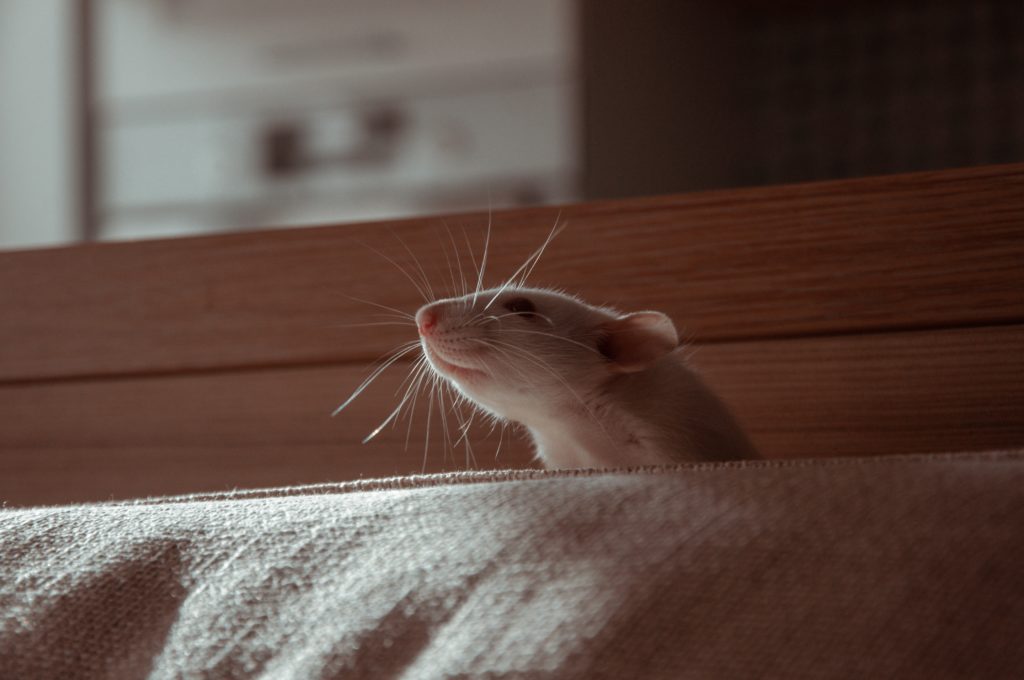How pet house owners can reduce their environmental impacts
Q&As
Pet ownership does not have to be so hard on the earth, according to new UBC research.
“We must be aware of what form of effects pet ownership might have on the surroundings,” says assistant professor Dr. Alexandra Protopopova, NSERC and BC SPCA industrial investigation chair.

Dr. Alexandra Protopopova
She and her group in the animal welfare program at UBC’s faculty of land and foodstuff programs prompt a number of strategies to mitigate the effects companion animals have on the natural environment in a review released previously this calendar year.
In this Q&A, Dr. Protopopova shares why it is vital to make pet possession sustainable, minimize squander, and additional.
What purpose do pet owners enjoy when it comes to weather transform?
Pet possession will involve generating decisions in supplying care for an animal and sometimes these may possibly not always be the greatest selections for the ecosystem. For instance, you may well opt to possess a automobile and just take recurrent very long-length outings to deliver workout options for your pet, or you may well use a lot more air conditioning or heating to offer an optimal dwelling environment, and use far more power in your home. Or, to present for your animal’s nutritional requirements, you might use products or food items whose production procedures could lead noticeably to worldwide greenhouse gas emissions.
How can pet ownership be much more sustainable?
We proposed a few local climate mitigation techniques, borrowing the concept of the ‘Three Rs’: substitute, reduction and refinement.
Refinement has to do with matters that we can modify ideal away, like considering the amount, ingredients, or manufacturer of pet foodstuff you invest in, and opting for a lot more sustainable procedures, like minimizing your plastic use in the poop luggage or the toys you purchase your pet. Composting your pet’s poop is the very best way to go, and you can make or maintenance toys as a substitute of acquiring new kinds or—even better—focus on delivering a lot more social enrichment in the type of shared activities.
Alternative is about animal welfare and the probability of genuinely sustainable pet possession, like inviting potential entrepreneurs to contemplate smaller companion animals, like deciding upon a cat more than a pet. Or by looking at an totally diverse species, like 1 that can use human food items leftovers as section of a healthful diet, like a pet rat, or an animal that supplies foods for their proprietors, like a hen. We also really encourage deciding on animals that are nicely suited for the climate you dwell in—for illustration picking a smaller sized doggy with a mild coat in its place of proudly owning a Husky if you are living in a incredibly hot local climate like Arizona.
Reduction is where by we motivate owners to have less animals in general whilst retaining the benefit that pet ownership can offer, like adopting from a shelter or serving to out a person who demands to surrender their pet rather of paying for a pet from a breeder. It could also glance like fostering, canine sitting or possessing shared ownership of a single pet dog amongst numerous families or households.

Possible pet entrepreneurs could think about a pet rat. Photo: Oxana Golubets /Unsplash
What are some relating to links you have discovered among local climate alter and pets?
We’ve found better quantities of companion animals dying from heatstroke in the current heat waves this summertime, and regrettably, we probably will see more of this in the long term.
There is also an elevated chance of companion animals remaining exposed to more infectious illnesses as climate modify alters the geographic ranges of pathogens.
Even more harm could also occur from transforming caretaking behaviours as a reaction to the transforming local weather. For instance, going for walks your canine significantly less in an extraordinary warmth wave, which may perhaps cut down exercising prospects for your puppy and heighten the chance for being overweight. These could also negatively impact the human-animal bond and even outcome in the operator relinquishing their companion animal.
Interview language(s): English
